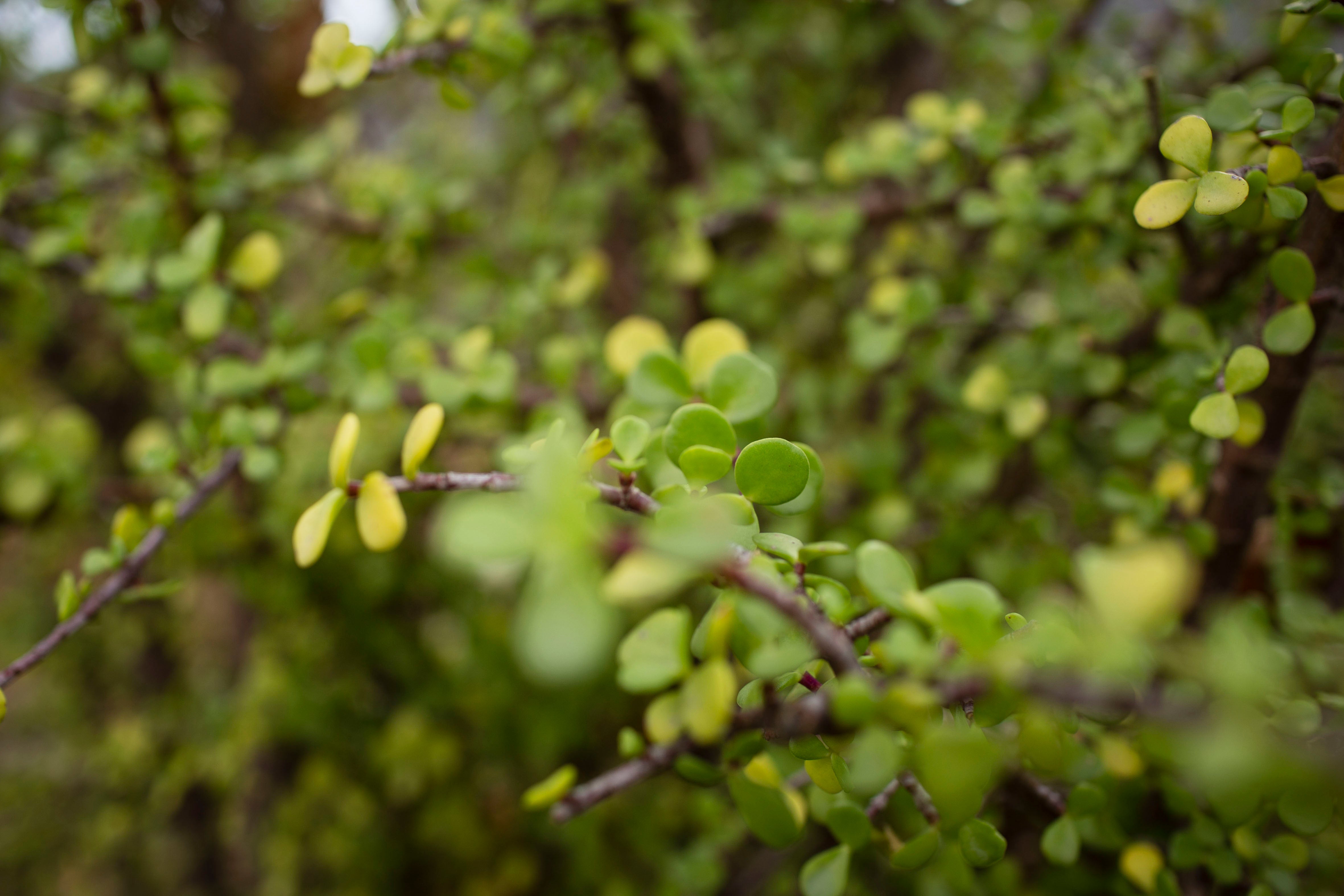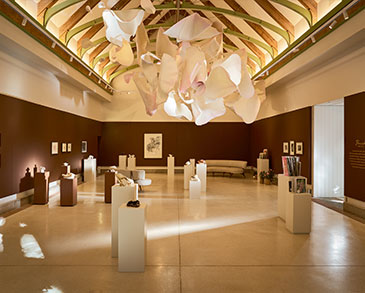
Even those of us who do not have green fingers feel like doing something in the garden when Spring is here. But if you are used to your gardening efforts ending up in a lot of soil and little growth, perhaps this year, you should try to plant a Porkbush or Spekboompie!
Not only is the Porkbush one of the plants that absorbs the most free carbon from the atmosphere, it is also ridiculously easy to grow and will benefit your garden in a host of other ways. it also has properties useful in your home pharmacy and can be used as a refreshing ingredient in a summer salad!
No wonder we have planted between 8000 and 10 000 porkbush plants on La Motte!
Portulacaria afra Jacq. (Family: Portulaceae) is also known as Porkbush, Elephants Food (English); Spekboom (Afrikaans); iNtelezi, isiDondwane, isAmbilane, iNdibili, isiCococo (Zulu); iGqwanitsha (Xhoza).
The greenest of the greens
Recent research has shown the Porkbush to be an excellent ‘carbon sponge’ as it has the ability to absorb free carbon from the atmosphere to make plant tissue and has the unique ability to absorb more carbon from the atmosphere than most other plants. A stand of Pork bush will remove more carbon from the atmosphere than an equal amount of deciduous forest.
Further to its carbon habit, the large spreading shrub covers and shades the soil from the harmful rays of the sun creating a favourable environment under the bush for insects and other wildlife to inhabit, while the dead organic matter which accumulates under the bushes has an enriching effect on the soil. This further enrichment of the soil improves its water-holding capacity which further benefits the Porkbush as well as other plants and animals including micro-organisms, which occur in the area. The Porkbush has also been indicated as a soil binder for preventing soil erosion.
Reaching between 2 and 5 metres in height, this attractive succulent garden plant is evergreen with small round leaves and red stems. Small star-shaped pink flowers are borne en masse from late winter to spring. They are a rich source of nectar for many insects, which in-turn attracts insectivorous birds.
Pretty impressive properties
The leaves of the Porkbush can be eaten and have a sour or tart taste. The leaves are used to quench thirst and traditionally sucking a leaf is advised in the treatment of exhaustion, dehydration and heat stroke. Crushed leaves can be rubbed on blisters and corns on the feet to provide relief. The leaves are chewed as a treatment for sore throat and mouth infections while the astringent juice is used for soothing ailments of the skin such as pimples, rashes and insect stings. The juice is also used as an antiseptic and as a treatment for sunburn.
Easy to grow
This versatile plant can be planted in full sun or semi-shade in dry areas or even in well-watered flowerbeds. It can tolerate a moderate degree of frost, especially when mature. The Porkbush is easily propagated from cuttings which strike root easily and can even be planted directly into the ground where they are to be grown.












